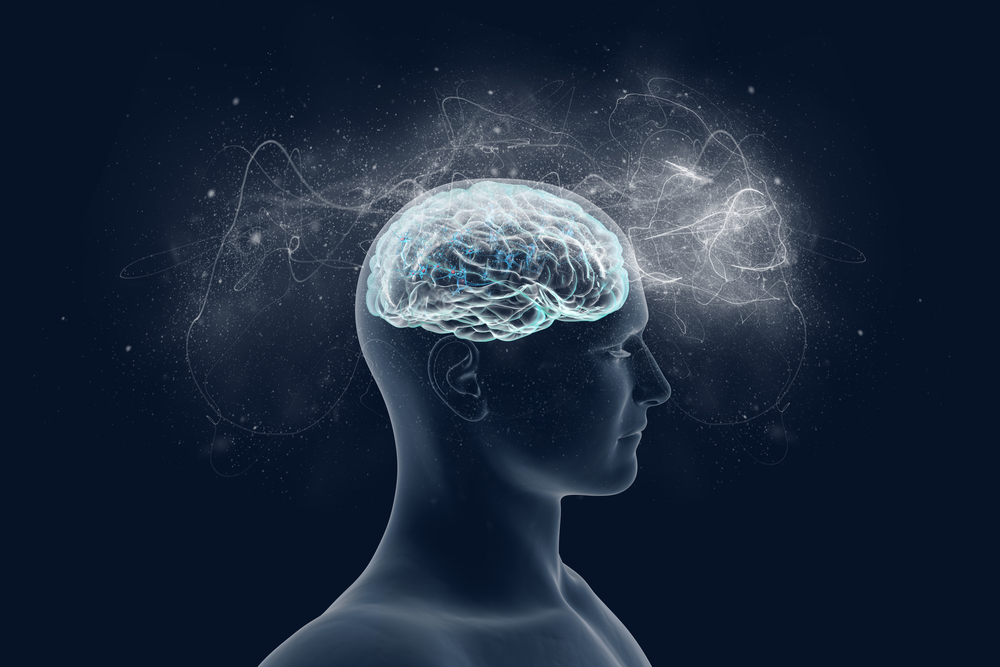Cognitive Skills Maintained in RRMS Patients Treated with Gilenya or Tysabri in Yearlong Study
Written by |

Disease-modifying therapies, a group of treatments for people with relapsing-remitting multiple sclerosis (RRMS), work to stabilize patients’ cognitive functions just as they do their physical symptoms. Research, conducted over the course of a year, also reported no differences between two types of DMTs, Gilenya (fingolimod) and Tysabri (natalizumab).
The study, “Cognitive functions over the course of 1 year in multiple sclerosis patients treated with disease modifying therapies,” was published in the journal Therapeutic Advances in Neurological Disorders.
The ultimate goal of disease-modifying therapies, or DMTs, is to delay or prevent disease progression. In MS, increasing physical disability and cognitive impairment are the two disease features seen to worsen over time. While the beneficial effects of DMTs are largely established for physical symptoms, the therapies’ long-term effects on cognitive function are still contradictory. Particularly, the role of fingolimod, the first oral DMT, on cognitive functions remains unknown.
Researchers set out to assess cognitive functions in RRMS patients treated with DMTs for one year. To this end, they recruited 41 RRMS patients, whose cognitive functions were assessed with eight tests at three time points: baseline, six-month follow-up, and 12-month follow-up.
Results for the patients were compared to those obtained in healthy individuals examined in a previous study. Then, the team compared RRMS patients treated with Gilenya to those treated with natalizumab regarding the course of cognitive functions. Tysabri is a humanized monoclonal antibody which binds to α4β1-integrin protein; Gilenya is a modulator of the sphingosine 1-phosphate receptor (S1P family of receptors).
Researchers observed that around 75% of the RRMS patients remained stable over the course of one year of treatment. Moreover, they detected that their cognitive scores on tests like the Paced Auditory Serial Addition Test (PASAT) and the Spatial Recall Test (SPART) showed improvements of 12.5% and 30.6%, respectively. No differences were found in comparisons of cognitive stability between those treated with Gilenya or Tysabri.
In conclusion, results showed that, independent of the type of treatment, the cognitive functions of RRMS patients remained relatively stable under DMT treatment over one year. Researchers also found that two of the most frequently used cognitive tests (PASAT and SPART) were associated with improvements in a large proportion of those under DMT treatment, but emphasized that scores for these two tests should be interpreted cautiously in studies examining performance changes over time.


